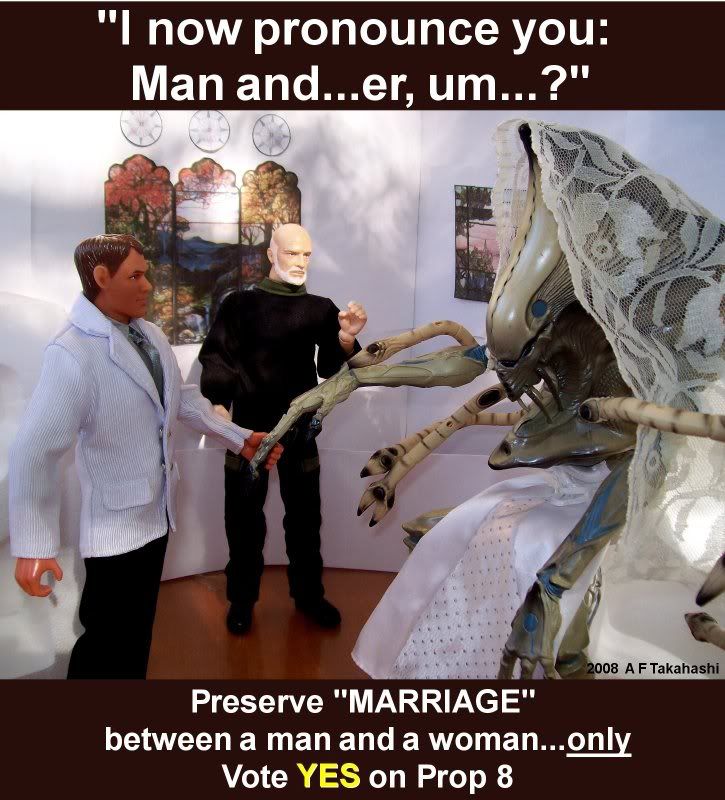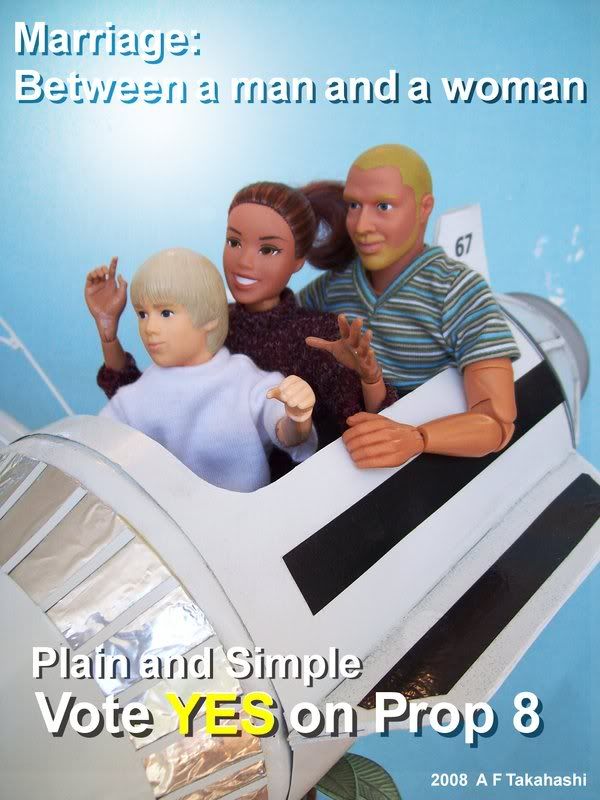The larger empirical literature on child well-being suggests that the two sexes bring different talents to the parenting enterprise, and that children benefit from growing up with both their biological parents. This strongly suggests that children reared by same-sex parents will experience greater difficulties with their identity, sexuality, attachments to kin, and marital prospects as adults, among other things. But until more research is available, the jury is still out.
Yet there remain even deeper concerns about the institutional consequences of same-sex marriage for marriage itself. Same-sex marriage would further undercut the idea that procreation is intrinsically connected to marriage. It would undermine the idea that children need both a mother and a father, further weakening the societal norm that men should take responsibility for the children they beget.
From the "Ten Principles on Marriage and the Public Good", the result of scholarly discussions that began in December, 2004 at a meeting in Princeton, New Jersey, sponsored by the Witherspoon Institute. This conference brought together scholars from History, Economics, Psychiatry, Law, Sociology and Philosophy to share with each other the findings of their research on why marriage is in the public interest. A consensus developed for sharing the fruit of their collaboration more widely.
Full publication hereVote YES on California Prop 8



